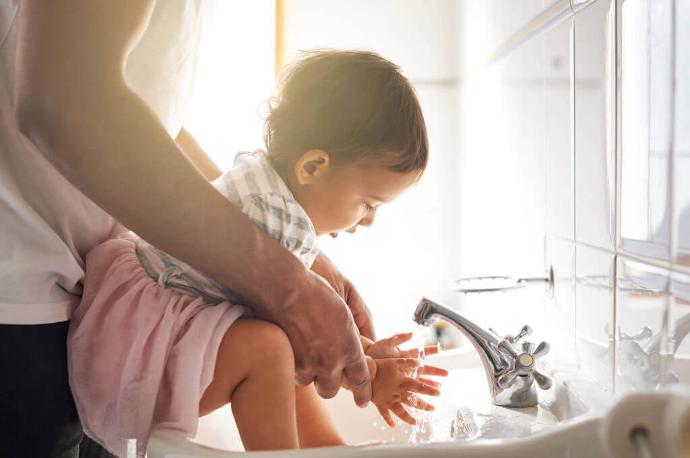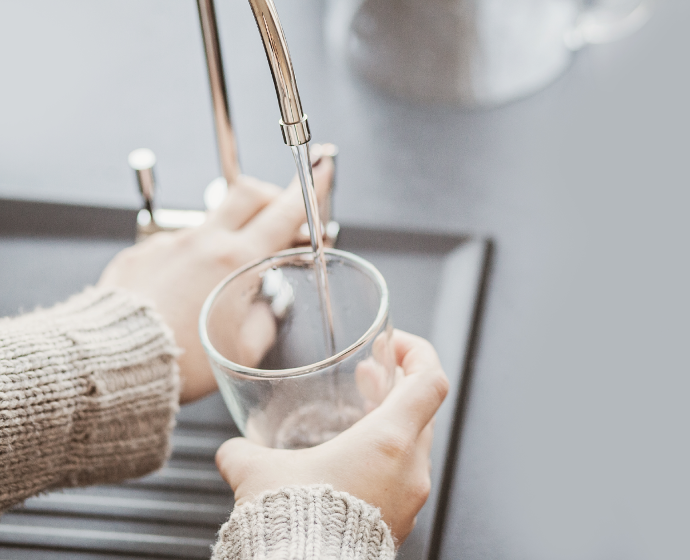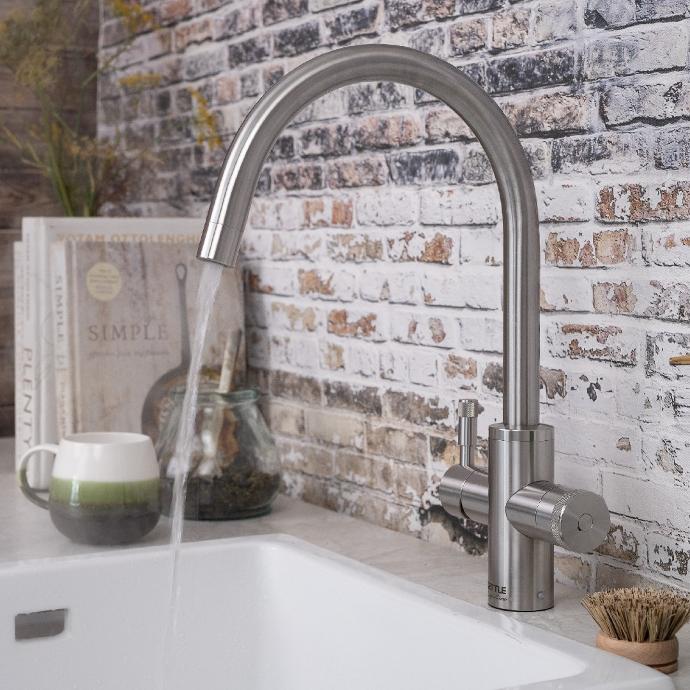Understanding the Safety of Softened Water for Babies
Welcoming a new member to the family brings joy, responsibility, and a heightened awareness of their well-being. When it comes to providing infants with the best care, questions about the safety of using softened water for baby bottles often arise. Let's explore this concern and unravel the nuances surrounding the use of softened water for our little ones.


The Softened Water Dilemma:
Softened water, a result of the water softening process that removes minerals like calcium and magnesium, is not inherently unsafe. However, the concern lies in the potential increase in sodium content. Babies, with their developing systems, are more sensitive to excessive sodium intake. While sodium is a necessary mineral, an excess amount can be detrimental to both their health and that of adults.
Untreated Softened Water and Sodium:
Directly using untreated softened water for making baby bottles can pose risks due to the elevated sodium levels. This is why it's advised against using water directly from the softener for infant consumption. Untreated softened water, when consumed regularly, may contribute to an increased sodium intake that surpasses recommended levels, posing health risks over time.

Safe Usage Strategies:
Water Filtration After Softening:
The safest way to use softened water for making baby bottles is by ensuring it undergoes a secondary filtration process after softening. This ensures that excessive sodium is removed, providing clean and safe water for both infants and adults.
Bypassing the Softener for Drinking Water:
Another safe approach is to have a direct feed of hard water bypassing the softener for drinking purposes. This way, you get water without the additional sodium content, making it safe for consumption.

Ensuring Water Purity:
When it comes to the health of your little one, it's essential to prioritize water purity. Whether you choose to filter water post-softening or bypass the softener for drinking water, these strategies ensure that the water used for making baby bottles is free from unnecessary contaminants, safeguarding the health and well-being of your infant.
In Conclusion: Balancing Water Softening and Infant Safety
While softened water is not inherently harmful, being mindful of sodium content is crucial, especially when caring for infants. Implementing water filtration processes after softening or bypassing the softener for direct hard water feeds ensures that the water used for baby bottles is not just soft but also safe, contributing to the overall health and happiness of your little one.
Is Softened Water Safe For Babies To Drink?